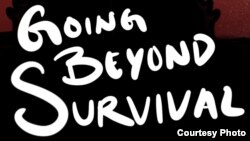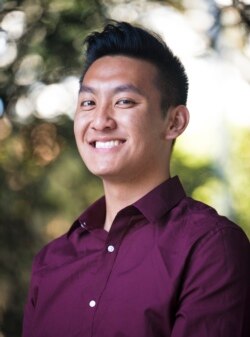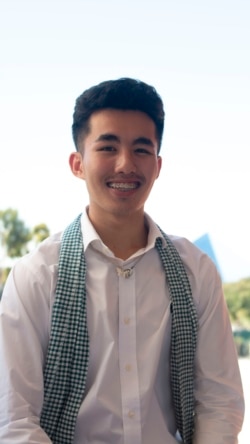“Going Beyond Survival: Cambodian Intersectionality, Feminism and Education” is the theme of this year’s Khmer Students Coalition Conference (KSCC) to be held Saturday at California State University, Long Beach.
The 15th annual conference, co-organized this year by Cambodian Student Society of Cal-State Long Beach and the Cambodian Awareness Organization of University of California, Irvine, focuses on “moving past the Khmer Rouge and focusing more on the current of what is happening within our communities [Khmer-American communities],” according to the conference program.
The conference began in 2004 “to connect, unite, and empower Cambodian students” from around the United States. It specifically aims to attract mostly Cambodian-American students and Asian-American Pacific Islander students “who are often underrepresented in the education,” said Leakhena Nou, faculty advisor for Cambodian Student Society, and professor of sociology at Cal-State Long Beach.
This year’s gathering will attempt to look to the future for Cambodians in the U.S., according to one of the organizers.
“KSCC in the past focused a lot on how we [as Cambodians] got here, as well as the scars in the past,” said Ethan Chhan, social chair of the Cambodian Awareness Organization at Cal-State Irvine.
“We are not saying that we should not talk about those things. However, it’s important to acknowledge the past, but keep moving forward, going on, going beyond survival.”
It is a “student planned and organized conference” and the rotation moves from one university to another, said Leakhena Nou, adding that organizers select the theme each year.
“This particular year, the young Cambodian students want to focus on Cambodian intersectionality, feminism and education because they see that these are the issues that matter to them and to their community,” the professor said.
Sovannprina Kiet, president of Cambodian Student Society, stressed the importance of intersectionality in Cambodian-American life beyond survival.
The reason is, he said, because “a lot of them are growing up here now. They kind of lose sight of who they actually are, what their identity is; some of them don’t really know much Khmer; some of them only speak Khmer and they know much about their culture, so they are more interested in what America has to offer, and that is something that we don’t really talk about.”
Adding to Sovannprina Kiet’s statement, Ethan Chhan explains that each person is uniquely shaped by where they were born, grew up, their gender, the professions of their parents, the field of study they pursue, and more. Finding a balance of these factors is intersectionality, he said.
The conference consists of four workshops – exploring Cambodian identities, road to success, measuring the wellness of a country, and healthcare in the Cambodian community. Each workshop includes a discussion.
Community leaders, scholars, experts and professionals will speak at the workshops, said Leakhena Nou. She said the students should view Cambodian citizens as “resources in the community.”
“Cambodians ourselves take ourselves for granted,” the Cal-State Long Beach professor said.
“We give so much value to the outsiders, outside scholars, practitioners and politicians and so on that we lose sight of our own community’s resources… In order for the students to value their identity as to what it means to be Cambodian… I want the young people to learn from their own peers.”
Danny Chhay, a recent graduate with a double major in psychology and sociology from Cal-State Long Beach and a young Cambodian professional, is set to facilitate at one of the conference’s discussions. Danny Chhay said he wants to encourage Cambodians in the U.S. to respect their Cambodian heritage.
“I think for me, being second generation, seeing the younger ones like the third generation,” Danny Chhay said, “I find…I have the responsibility to pass on what I have been able to at least hold on to as a Cambodian-American culturally, to make sure that our culture and history are still alive.”
The conference begins at 8 am and extends for more than 12 hours. Tickets are $15 and includes three meals and a t-shirt, said Ethan Chhan. He noted there is no admission charge for high school students and children under 10.
Between 200 and 400 people are expected to take part in the all-day event, Leakhena Nou said.
“The main takeaway [of this event] is for young Cambodians not to be ashamed for who they are as Cambodians,” she said.
“I think there’s identity confusion for these young people, and I think a conference like this allows them to have meaningful interactions with each other and to look up to role models.”






